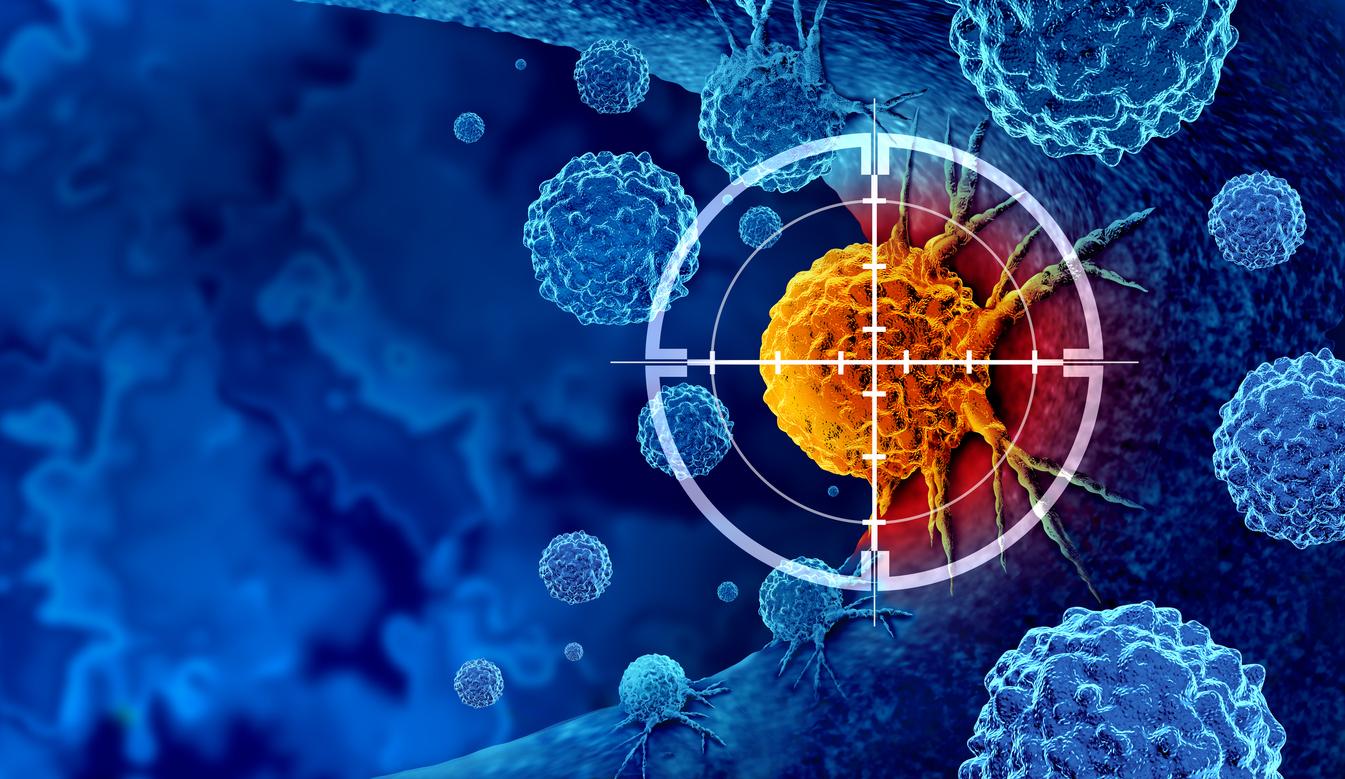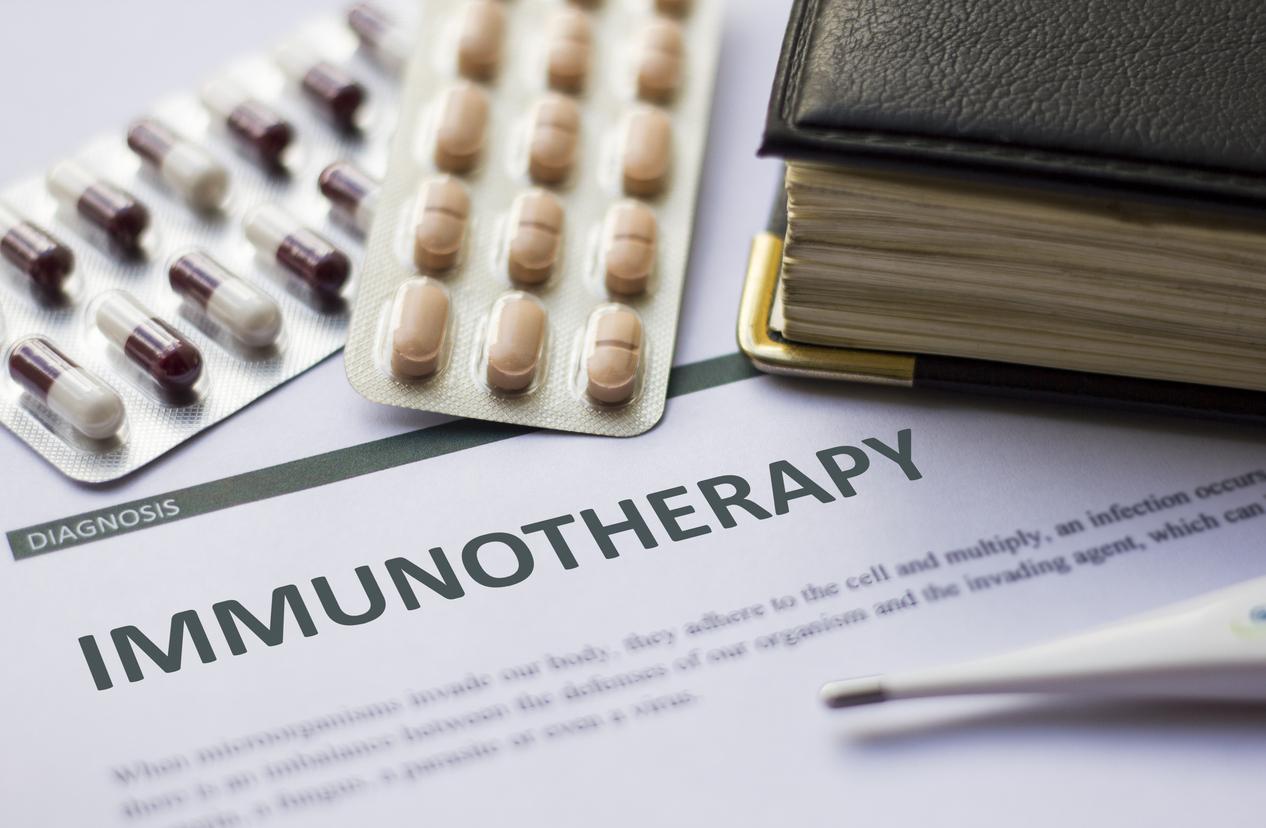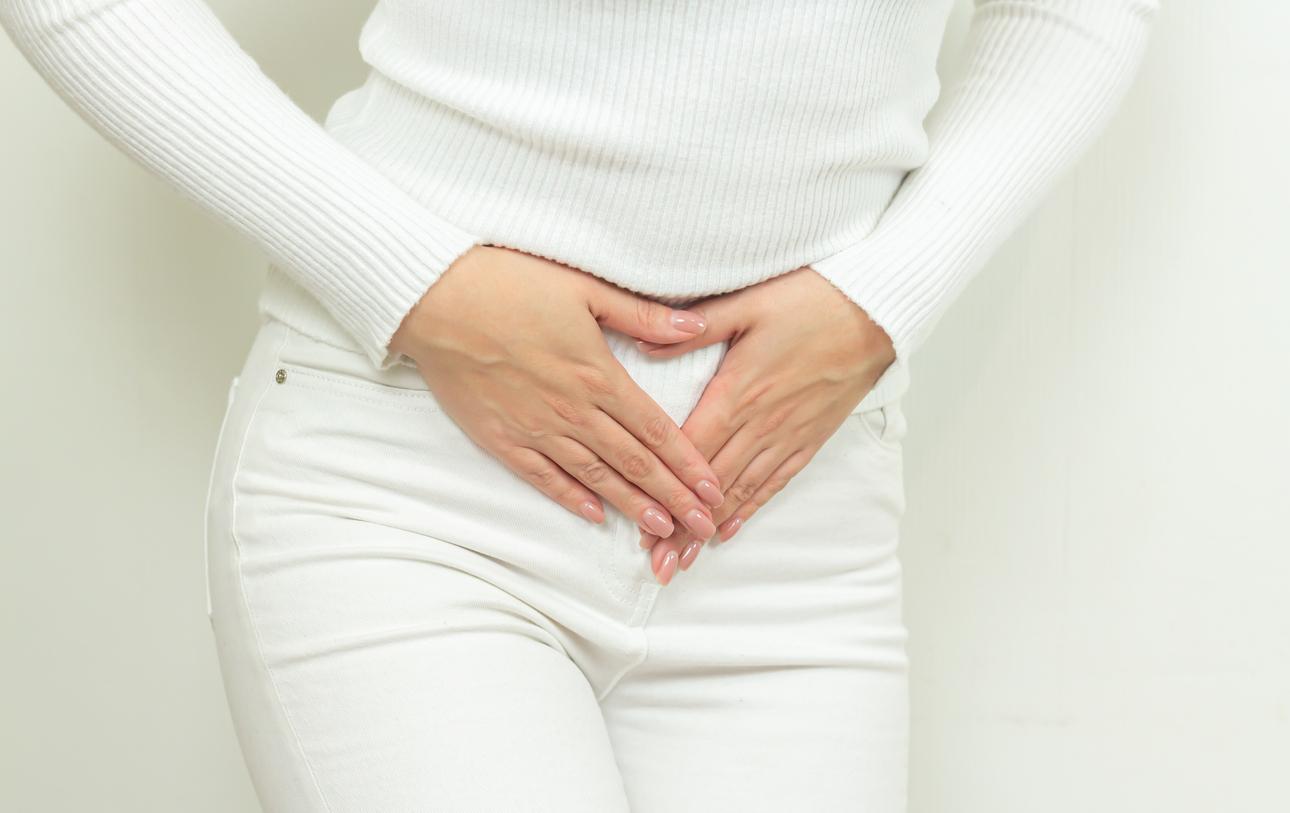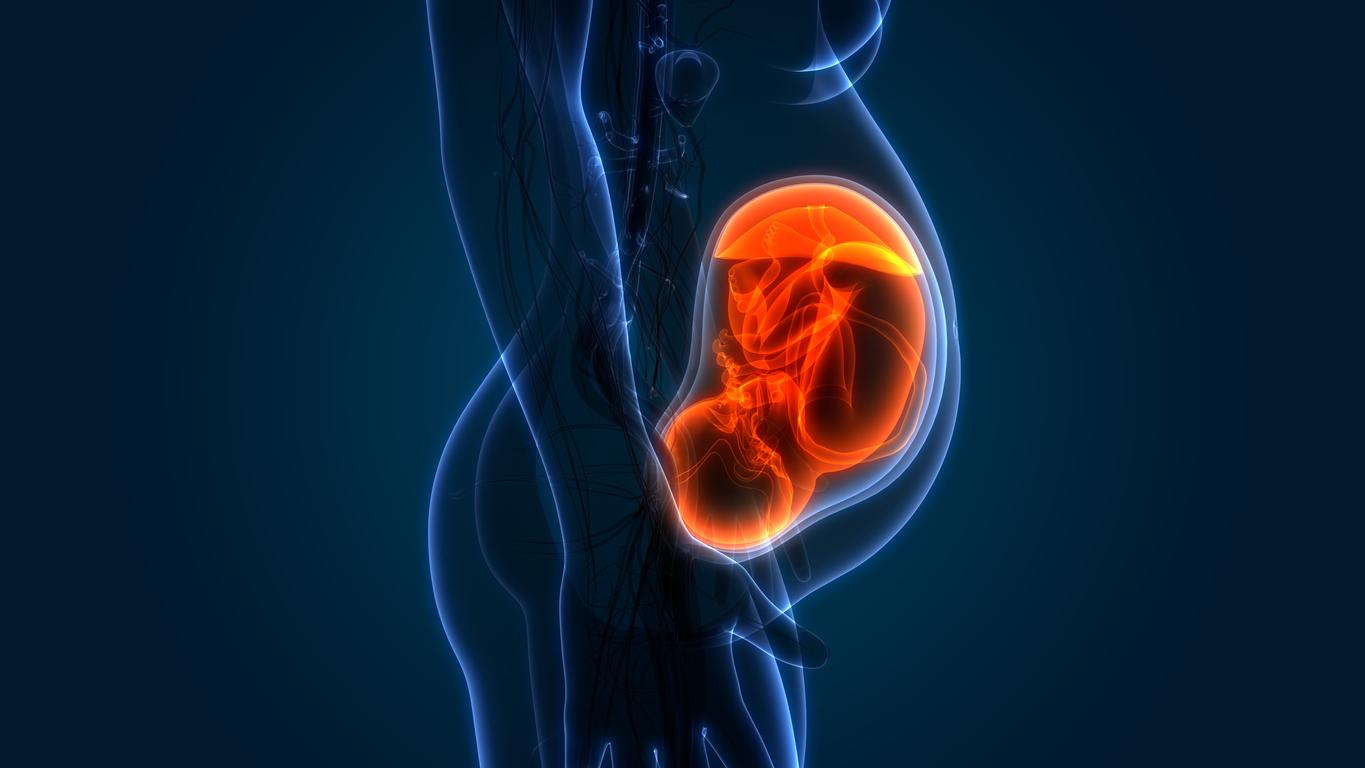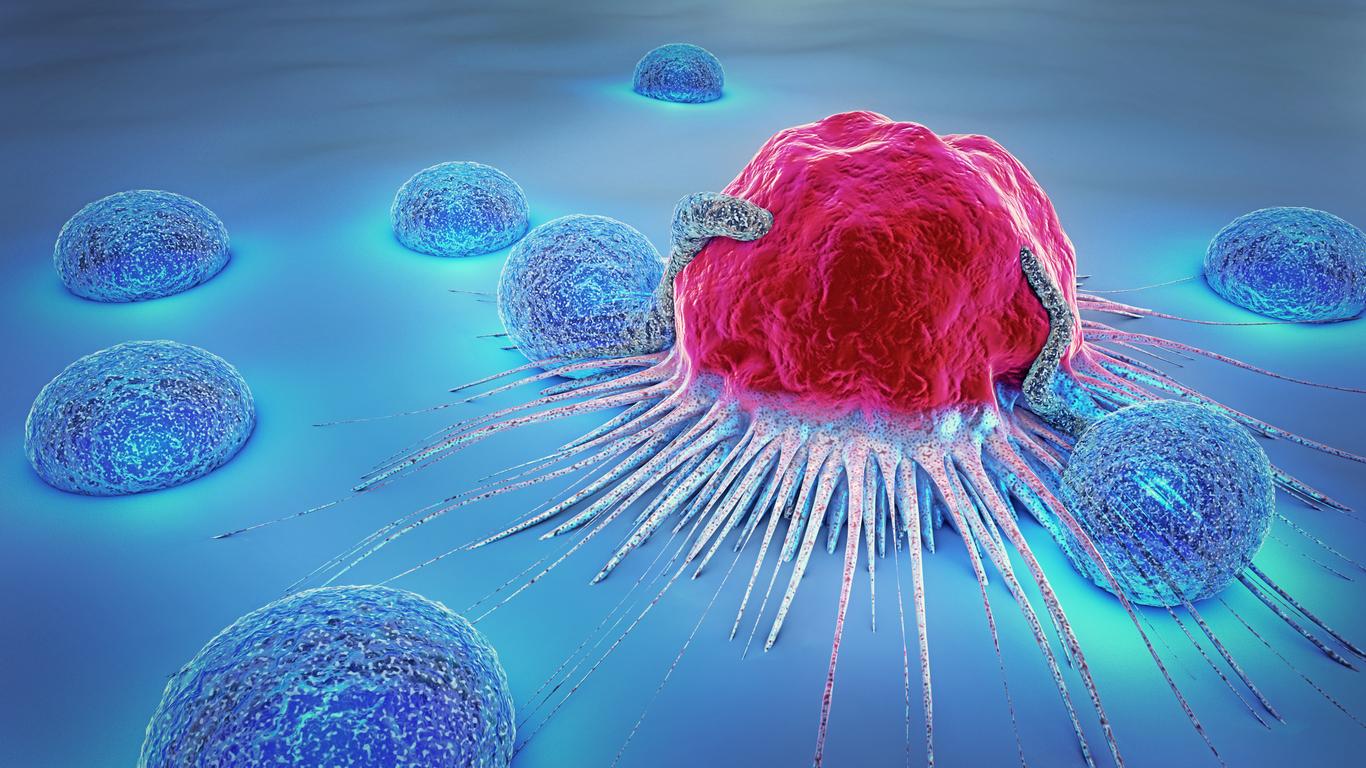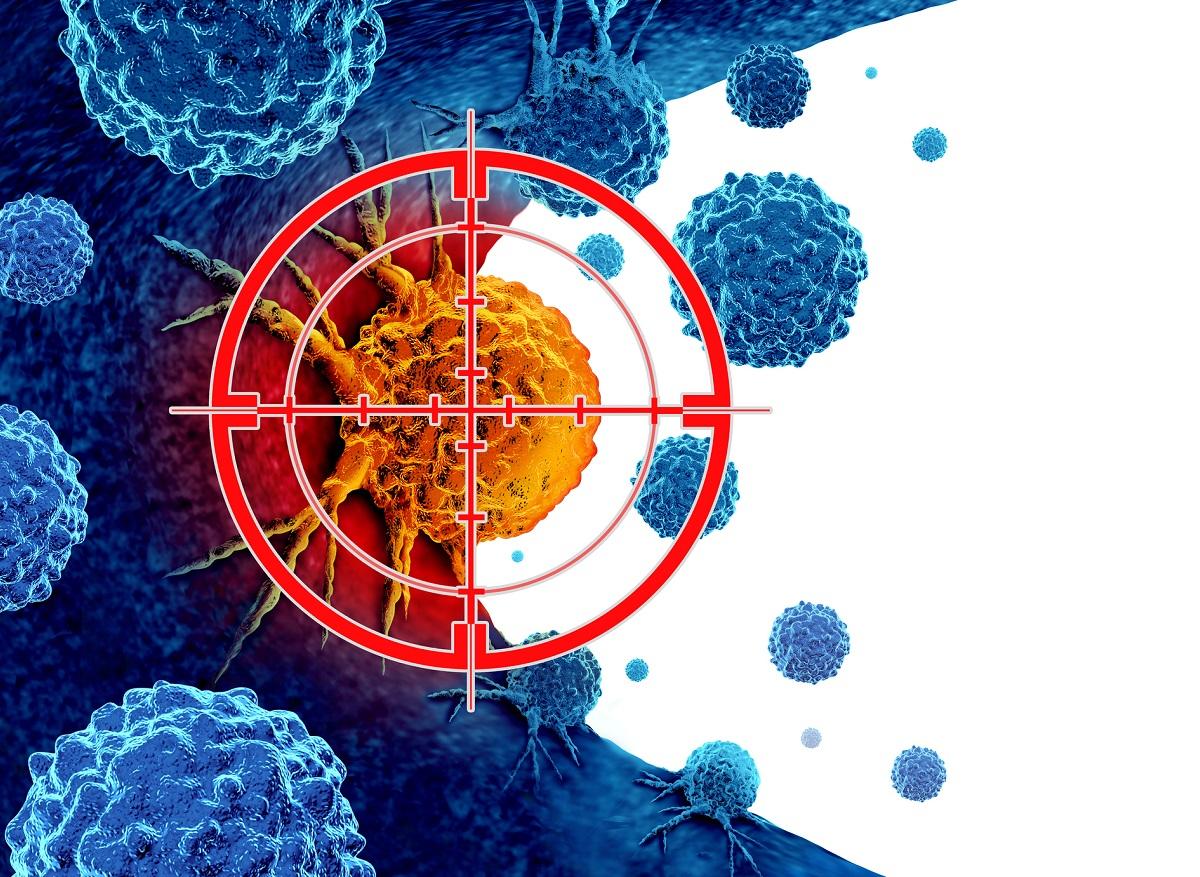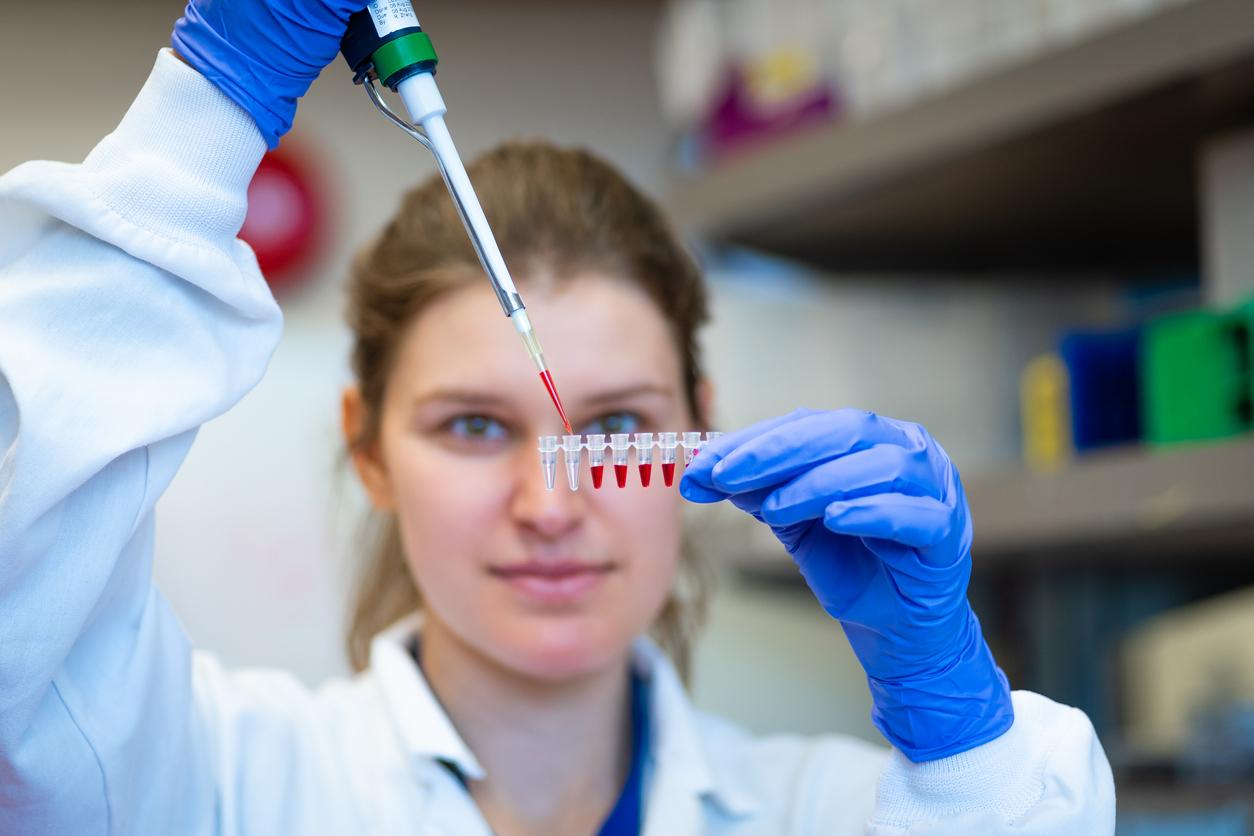
Injections with wasp venom relieve symptoms
There are many wasps in the Netherlands at the moment. More than usual due to the warm, dry and summery weather. Annoying, especially for people who suffer from a wasp allergy, where a wasp sting can be dangerous and even life-threatening. But there is a therapy to relieve people of their wasp sting allergies. A therapy that needs to be better known and available in more places, says allergist Hanneke Oude Elberink of the University Medical Center Groningen in the AD: immunotherapy. What is it and how does it work?
What is Immunotherapy?
Immunotherapy – also called desensitization – is a treatment in which a person is given a substance to which he or she is allergic. This makes the immune system less sensitive. In the case of a wasp allergy, you will therefore receive injections of wasp venom that has been purified. As a result, the allergic symptoms decrease or even disappear completely: more than 90 percent of people with a wasp allergy are fully protected six to twelve weeks after the start of the treatment and only get a local reaction with a new sting.
How does it work?
A wasp allergy is treated in two phases. In a first phase, the so-called adjustment phase, a small dose of the purified wasp venom is injected subcutaneously into the arm. You will be given an injection every week for several weeks. The dose of poison is increased weekly, until the highest necessary level is reached. After this phase comes the maintenance phase and the time between injections is gradually extended to 6-12 weeks. Treatment starts in the hospital and in most cases the injections in the maintenance phase can be given by the GP.
In the case of a very severe wasp allergy, an accelerated procedure can be followed. This requires hospitalization for several days.
How long does the treatment take?
To achieve a long-term effect, the treatment lasts between about five years. Discontinuation of immunotherapy should be viewed individually. The chance of a hypersensitivity reaction after treatment to have an allergic reaction again after a sting is estimated at five to ten percent. The longer the treatment has been completed, the higher the risk of a hypersensitivity reaction. This is often milder than before the treatment. Until someone is stung by a wasp again, it is unclear how protected someone is against an allergic reaction. It is therefore also wise to carry an adrenaline auto-injector with you after the treatment. In most cases, this protection lasts for three years after stopping treatment. It also happens that people are protected for life.
Lifetime treatment
In some cases, treatment may take longer, especially if there have been very severe reactions from a wasp sting or if the rare condition mastocytosis (mast cell disease).
Can you get side effects?
Mild reactions often occur as swelling and pain at the injection site. These usually occur in the first few minutes after the injection, but they can also occur a few hours later. Sometimes people experience itching, a runny nose or abdominal pain. There is also always a risk of a very severe allergic reaction to life-threatening anaphylaxis. The risk of serious side effects is greatest in the first phase. That is why this treatment also takes place in a hospital.
Alcohol intake, intensive exercise, taking medicines for high blood pressure or an infection can increase the chance of a side effect and should therefore be avoided. For example, do you take medication for high blood pressure? Indicate this to your treating doctor and discuss what to do. Always consult your doctor if you have a cold or feel the flu.
Sources):
-
- health.be










